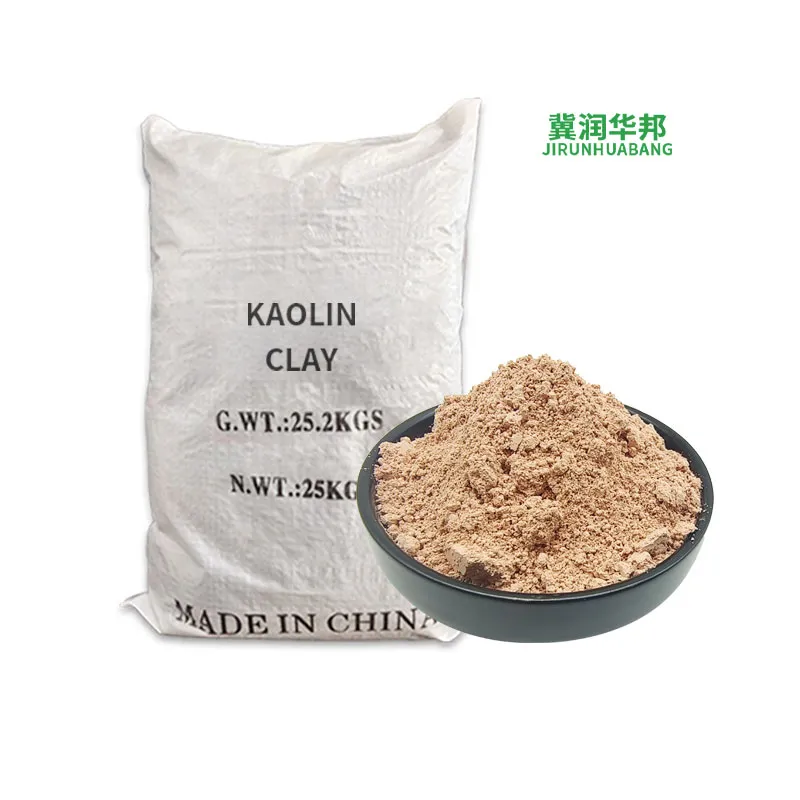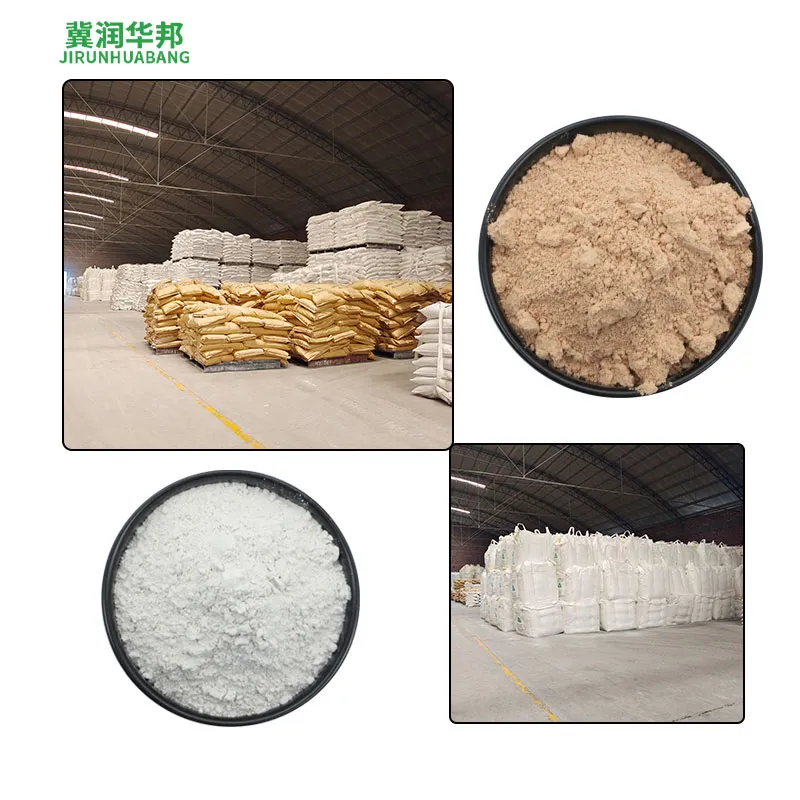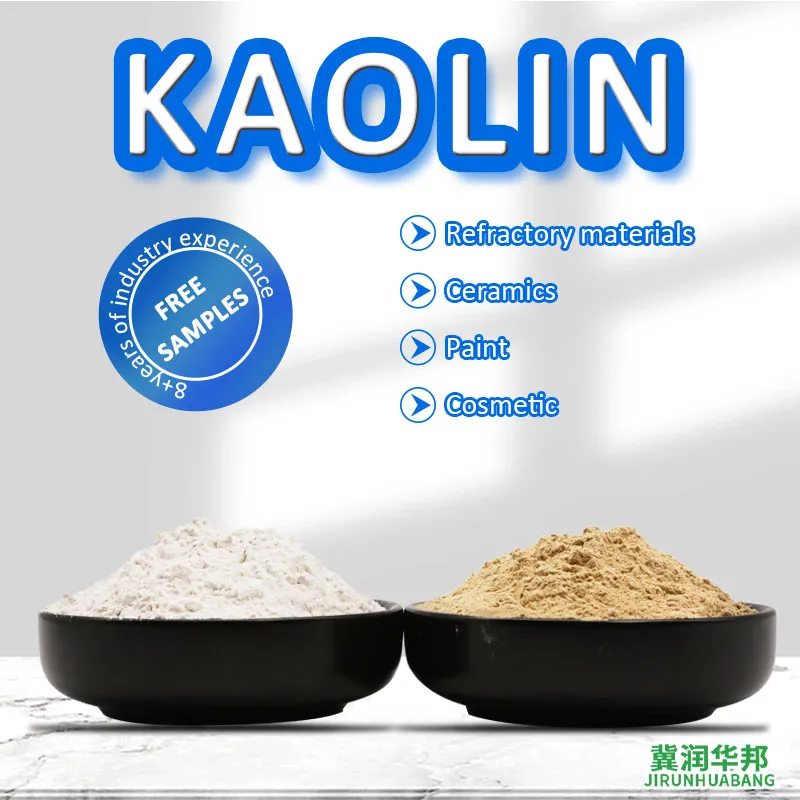The characteristics of Kaolin clay and its applications in various fields
Back to list
Kaolin clay is an important non-metallic mineral, scientifically known as kaolin mineral, mainly composed of kaolinite, with a chemical formula of Al2Si2O5 (OH) 4. It is widely used in multiple fields due to its unique physical and chemical properties, becoming an indispensable raw material in industry and daily life.

Kaolin clay has excellent physical and chemical properties
Kaolin's particles are delicate and uniform, with good plasticity and formability. Its water absorption and surface activity make it outstanding in many fields. Kaolin has strong fire resistance and chemical stability, and can withstand high temperatures and acid-base corrosion, which makes it widely used in the fields of ceramics, refractory materials, and chemical engineering. In addition, kaolin also has good electrical insulation properties and is suitable as an insulation material for electronic products and electrical equipment.

Kaolin clay's application in the ceramic industry is particularly prominent
In the ceramic production process, Kaolin clay products not only provide the framework structure as the main raw material, but also enhance the quality of porcelain due to their excellent whiteness and smooth surface after firing. The production of many high-end porcelain products cannot do without the participation of kaolin, whose smoothness and transparency are often inferior to other materials.

Kaolin clay is widely used as a filler and coating in the paper manufacturing industry
Kaolin clay for plants has excellent whiteness and fineness, which can improve the smoothness and printing quality of paper and enhance the market competitiveness of products. At the same time, adding kaolin can enhance the strength and durability of paper, making it more suitable for various application scenarios.
Kaolin clay also plays an important role in the plastics and coatings industries
Kaolin, as a filler, can not only reduce production costs but also improve the strength and durability of products. Especially in the field of coatings, kaolinite claim for skin is often used as a whitening agent and leveling agent to enhance the glossiness and uniformity of coatings, thereby improving the aesthetics and market value of products.
Kaolin clay also has a wide range of applications in fields such as pesticides, daily chemical products, cosmetics, etc
It can be used as a carrier for pesticides to improve their effectiveness and persistence; In cosmetics, kaolin clay for skin is widely used in products such as facial mask and foundation make-up. Because of its strong adsorption, it has good cleaning and care effects.
In summary, kaolin has demonstrated extensive application value in various fields such as ceramics, paper, plastics, coatings, biomedicine, and cosmetics due to its unique physical and chemical properties. With the continuous advancement of technology and the diversification of industry demands, the application prospects of kaolin will become increasingly broad and worthy of further exploration and development.
